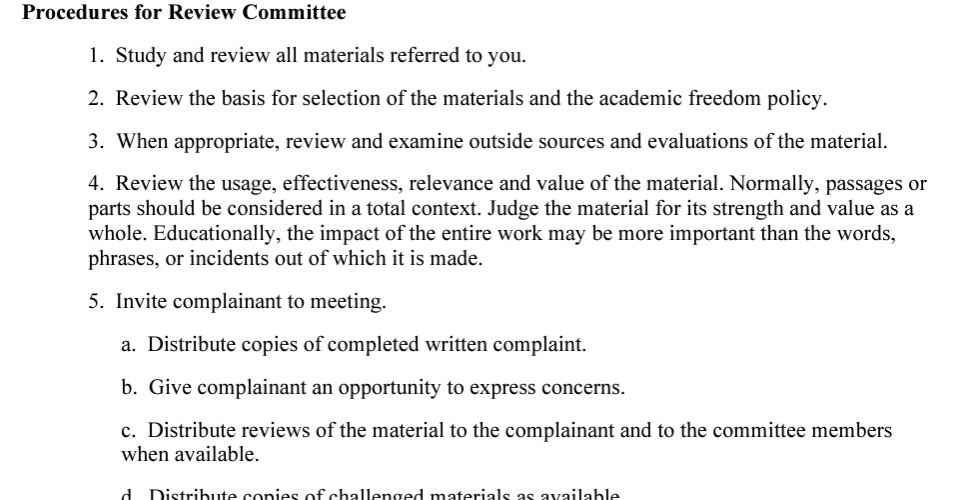BOE Republicans Object to Book Purchases
- Theresa Cramer
- Nov 16, 2023
- 4 min read
Updated: Nov 21, 2023
The November 13, 2023, Board of Education (BOE) meeting was the last for three members — Laura Lybarger, Sonya Shegogue, and Jennifer Davis — who chose not to seek re-election, which kicked off with controversy. During what is usually one of the more sedate and incomprehensible parts of a BOE meeting, the Consent Agenda, book purchases raised concerns for Republican board members. (Watch the video here.)
The Consent Agenda vote is usually perfunctory, where the board votes on things that it’s not clear they have any real power over — such as staff resignations — and the Bills and Grants. This month’s Bills and Grants section included a line item for bundles of books purchased by the Stafford High School library. During the discussion of this portion of the agenda, Erica Bushior asked why the titles of books purchased by the library had not been listed individually and were instead listed as a bundle.
When Superintendent Steven A. Moccio said he would find and provide a list of the titles included in the bundles, Bushior said, “I’ve already Googled them, and there is absolutely no way I will approve this information knowing what I’ve read about these books.”
She added, “Knowing our Stafford Community, they are going to be outraged when they see these books coming into our school system.”
She went on to say some of the books in the Mystery High Plus bundle from the Junior Library Guild contained sexual content, rape, violence, and racial insensitivity, among other things. The Junior Library Guild describes the bundle like this: “For Grades 9 & Up Keep your high school readers turning pages with the riveting mysteries and spellbinding adventures in this 14-book category.”
Outgoing Chair Lybarger asked if the district is following policies when buying these books, and Moccio confirmed that they were. Aaron Hoffman then reiterated Bushior’s question about why the books were not listed by title, and Moccio said he had no answer for that question other than how the books were invoiced. Hoffman then asked that someone explain to him “the need for books with this kind of content in it.”
Davis said it would be interesting to have more context, asking, “Is violence someone gets slapped in the face or run over by a car?” Essentially, she made the point that it’s impossible to know what any of these content warnings are referring to out of context.
Lybarger followed up, saying, “At the high school level, there is going to be that kind of content. There is some fantastic literature that includes that content and should not be removed from our schools. As a parent, we have the right to limit what our children read, but we don’t have the right to limit what other children read.”
To Lybarger’s point, classic literature that is regularly taught in schools would now come with exactly these kinds of warning labels. For example, To Kill a Mockingbird by Harper Lee (published in 1960) centers around the trial of a Black man in Alabama for a sexual assault that he did not commit. Themes of racism, poverty, violence, and sexual violence are all explored in this book. To be clear, however, the books in question by the BOE are not being taught in class; they are simply being made available in the library.
As the meeting proceeded and it became clear that Bushior, Hoffman, Delano, and Secretary Sara Introvigne Kelley, a Democrat, were not going to vote in favor of the larger overarching Consent Agenda due to their objections over these books, the board had to figure out exactly what that would mean, logistically.
The books in question have already been purchased and paid for, and not approving this agenda item means the district may have to return the items. That would require following up with the library to see if they have already processed the books, which includes stamping them and adding pockets holding checkout receipts. If those things have already been done, they are no longer returnable. Bushior, Hoffman, Delano, and Kelley still voted against the motion to approve the Bills and Grants (which includes more than just these books), which means the conversation will likely carry over to the next BOE meeting on December 11, 2023.
Moccio urged anyone in the audience who may be wondering about the procedures for material selection and how to lodge a complaint to review the district's policies. According to policy 6163, materials for school library media centers are to be made by “selected certified staff in consultation with administration, faculty, and sometimes students and parents.” Policy 6161 addresses the procedure for lodging complaints, which you can see in the screenshots below or explore further here. The key takeaway is there is a process in place for challenging potentially controversial materials, and it does not involve voting against already purchased materials.
[This article originally failed to note that Sara Introvigne Kelley, who also voted against approving the Bills and Grants, is a Democrat.]




